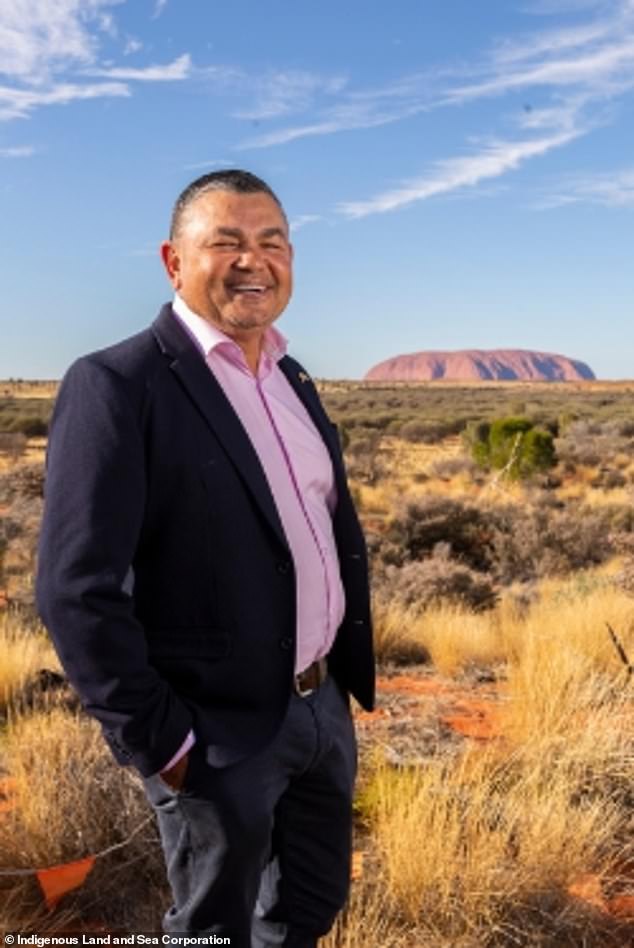Aboriginal leader loses it at Tanya Plibersek for halting proposed gold mine on Indigenous heritage grounds – as he exposes huge problem with her decision
An Indigenous leader has criticised Tanya Plibersek over her decision to reject a proposed $1 billion gold mine site in regional New South Wales.
The federal Environment Minister issued an Indigenous Heritage Protection Order in mid-August, rejecting the proposed location of a tailings dam at the mine near Blayney in central-western New South Wales.
The gold mine developer stresses it could take up to a decade to get the project back on track as the protection order sparks heated debate over Aboriginal heritage and planning.
Roy Ah-See, a Wiradjuri man, said Ms Plibersek’s decision undermined the council’s recognised authority.
“Not all Aboriginal people are environmentalists, we are for economic empowerment of our people,” Ah-See told The Daily Telegraph’s Bush Summit in Orange on behalf of the council.
“Our children want to be part of the economic foundation for future generations.”
The Wiradjuri Traditional Owners Central West Aboriginal Corporation has asked the Minister to protect the headwaters and sources of the Belubula River, as these sites play a central role in creation stories.
Ms Plibersek defended her decision again on Thursday, saying it only applied to the dam at the headwaters and not to the entire project.
Federal Environment Minister Tanya Plibersek issued an Indigenous Heritage Protection Order in mid-August rejecting the proposed siting of a tailings dam at the mine near Blayney in central-western New South Wales.
“Once this river is destroyed, it’s destroyed forever,” she told ABC News.
Gold producer Regis Resources had considered other dam locations and the company’s claim that it could take up to a decade for new permits to be issued was “nonsense”, Ms Plibersek said.
However, Regis CEO Jim Beyer said the decision made the project unfeasible because the alternative locations also fell within the exclusion zone.
“We still have a lot of work ahead of us to understand what the alternative is for the waste processing plant,” Beyer told reporters in Orange on Thursday.
He said it would take years to conduct the necessary geotechnical drilling and environmental studies to identify a new site.
“At this point we don’t know exactly which direction to go,” he said.
“We will look at it because it is a project worth continuing. We just don’t know for how long.”

Wiradjuri man Roy Ah-See said Ms Plibersek’s decision undermined the council’s recognised authority
“It could take five to ten years.”
The New South Wales Independent Planning Commission approved the mine in March 2023. This process was preceded by consultation with the Orange Local Aboriginal Land Council, the elected body for local Indigenous leaders.
Council representatives told the committee they were neither for nor against the mine, but stressed the importance of protecting Aboriginal culture and heritage if the mine goes ahead.
Regis directors have met with various New South Wales government ministers to discuss possible next steps.
Premier Chris Minns said the company could “go ahead” and submit a new development application without having to restart the lengthy planning process.
“The planning system in NSW is too complex, too difficult, too long and there are too many hurdles for people to jump through,” Mr Minns told the conference.
“We said to the company, ‘We don’t want you to start at phase one.’”
Blayney Shire Mayor Scott Ferguson said the growing region had long been waiting for a “stimulating boost” from the mine and the decision was divisive.
“This process is a secretive, unfair process that … is driving our communities apart instead of bringing us closer together,” he said.
